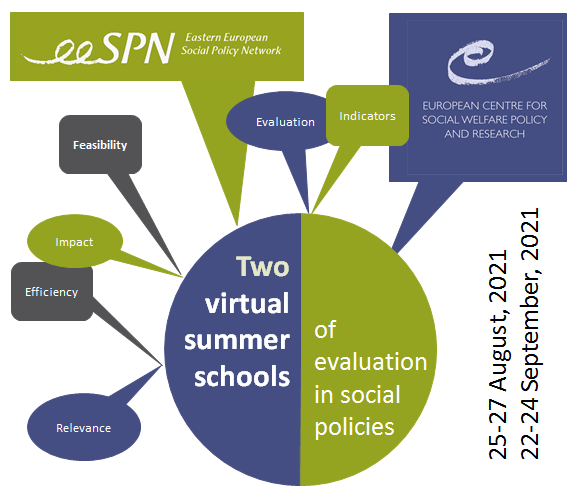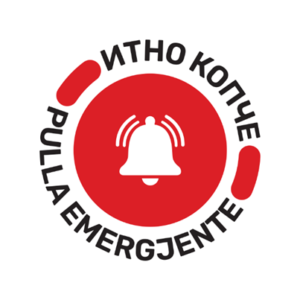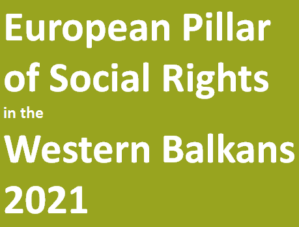2021 BB Summer Schools: First of two virtual Summer Schools
The European Centre hosted with great success the first virtual 2021 Summer School on Evaluation in Social Policies in August 2023.

The European Centre hosted with great success the first virtual 2021 Summer School on Evaluation in Social Policies in August 2023.

The Red Cross of North Macedonia (RCNM) will focus on piloting an innovative community-based approach to care for dependent elderly.

In this first InCARE newsletter, the team gathered a series of short articles illustrating the many developments since the project was kicked-off in November 2020.

The European Centre is currently updating the six reviews of the Western Balkan countries regarding the European Pillar of Social Rights (EPSR).

The Second Mutual Learning Lab (MLL2) of the POW-BRIDGE project took place on 26 May 2021. The aim of MLL2 was to follow up on the results from the first Mutual Learning Lab (MLL1) and to identify and discuss solutions addressing main challenges in the implementation practice of the posting of workers rules in 8…

The recent Policy brief shows that local innovators should shift focus away from ‘best practice‘ initiatives and towards defining the ‘best fit for purpose‘ initiatives.


In the frame of the POW-BRIDGE, we have conducted eight case studies and published eight country reports on Austria, Hungary, Italy, North Macedonia, Poland, Serbia, Slovakia, and Slovenia. The country reports present how the Posting of Workers Directive interplay with national rules and regulations on social security, health insurance, temporary agency work, and company law….

We monitored the progress on the European Pillar of Social Rights (EPSR) in Western Balkan countries.

The European Centre for Social Welfare Policy and Research conducted research on the situation of children at risk of losing the parental care and children that have lost the parental care in Albania, North Macedonia, Armenia, Belarus and Ukraine.